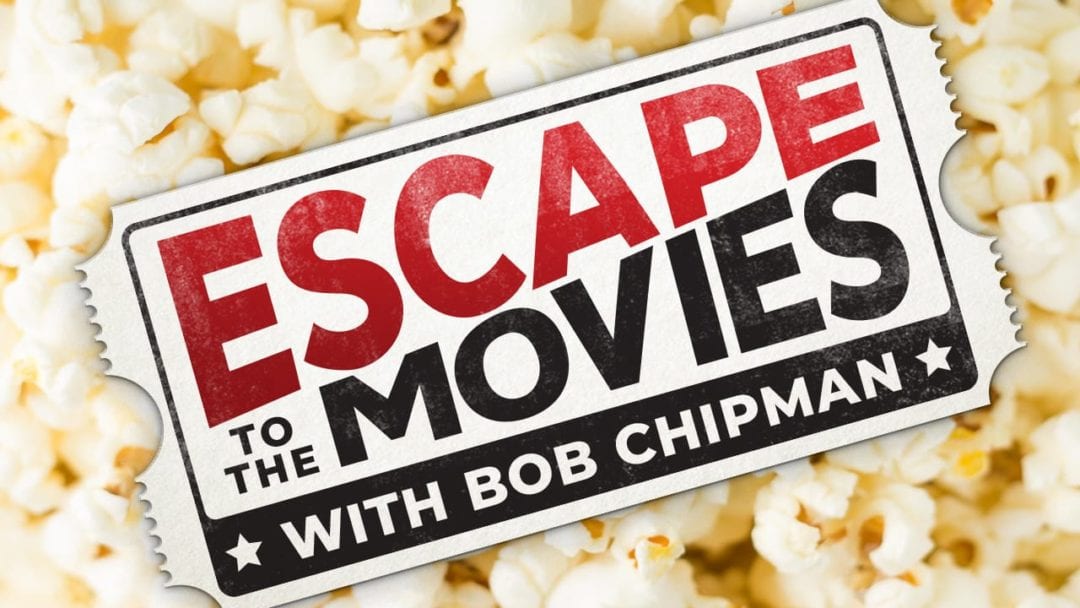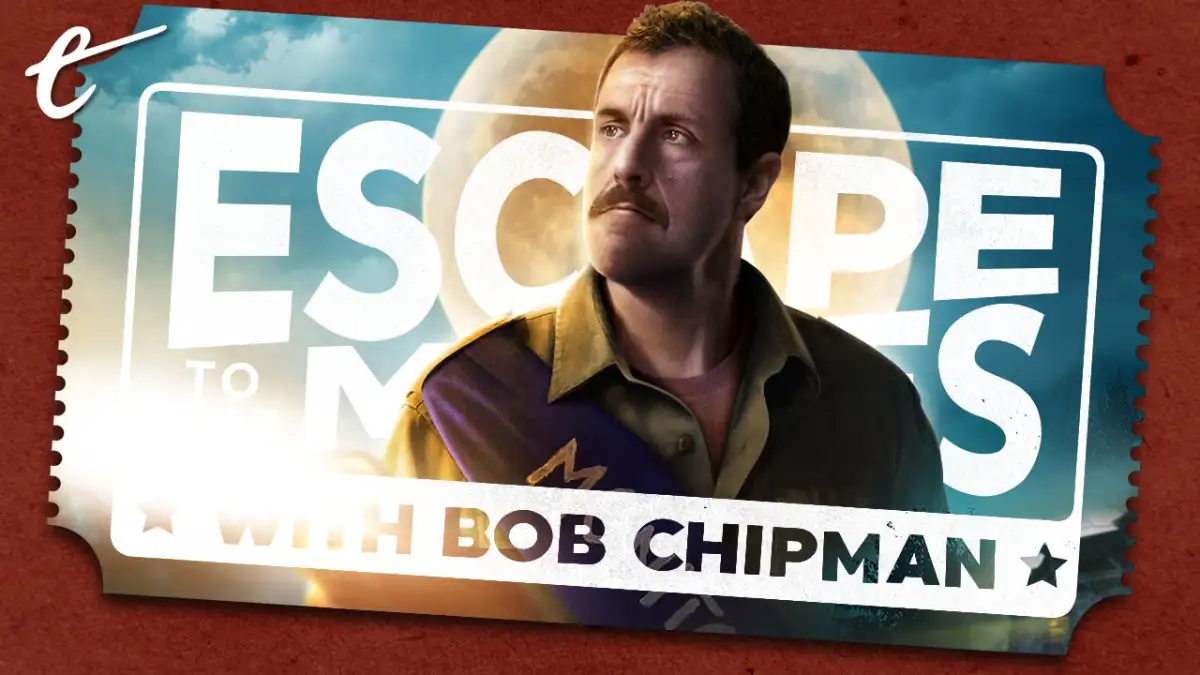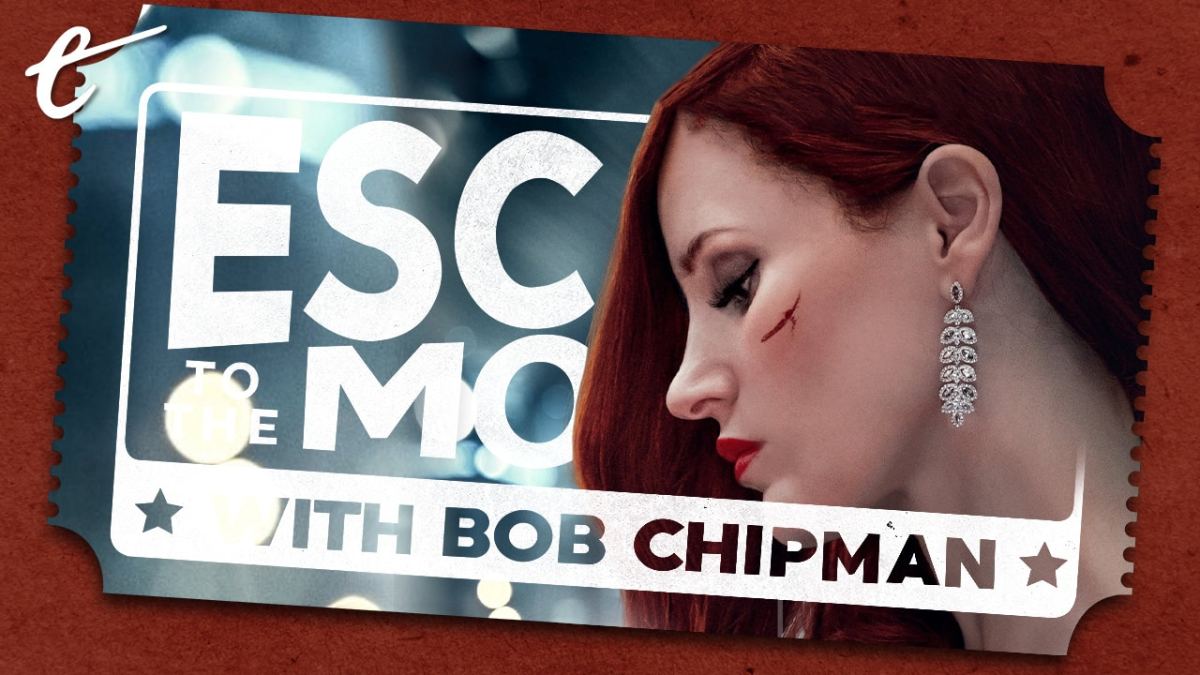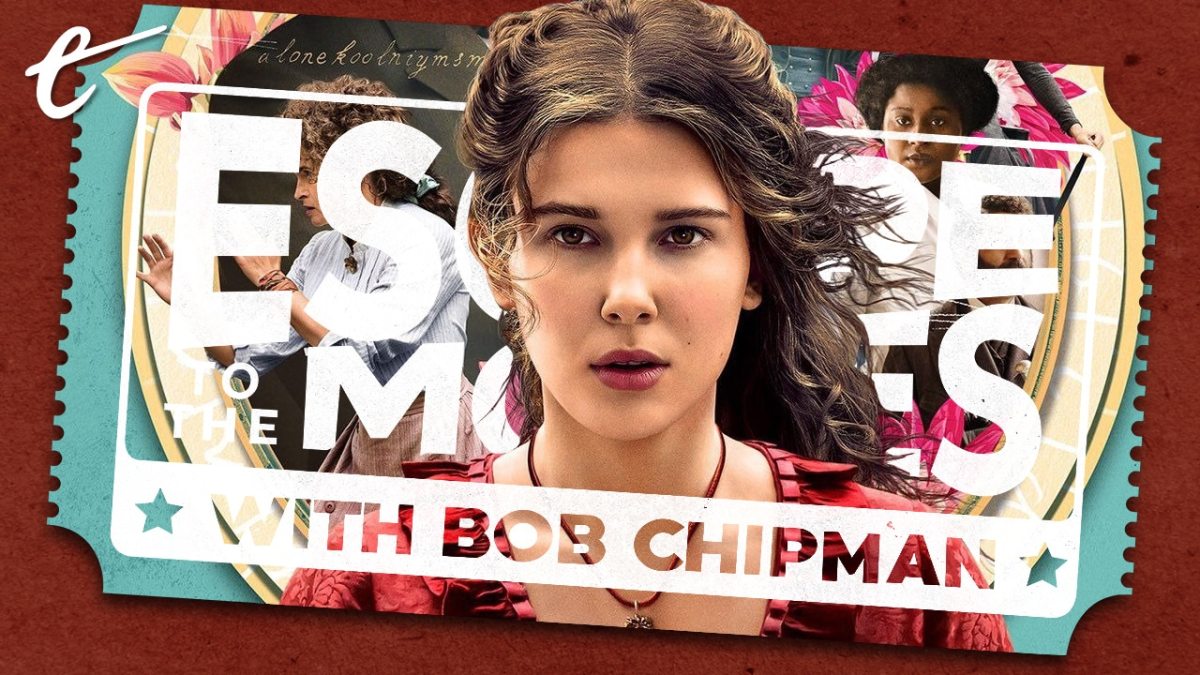The original Wreck-It Ralph is just a little bit older than my last movie review for this site and I suspect it (unlike me) left a lot of people wanting more and wondering why it didn’t return sooner. A sweet-natured, just-big-enough Disney Animation romp that didn’t precisely add up to a Frozen-level flag-planter or an equal to the loftier expectations imposed on the likes of Pixar or Laika, Wreck-It Ralph nonetheless transcended a premise that could easily have coasted on simply being “Toy Story for video game nostalgia.” Instead it used the foundational idea of digital characters feeling overly bound to their respective programming as the jumping-off point for a surprisingly rich exploration of identity, insecurity, and self-image framed around the growth arc of a title character who feels trapped by having been programmed as an antagonist when he’s actually … well, if not necessarily a “hero” at least a good guy.
What was genuinely admirable about Wreck-It Ralph from a storytelling standpoint was how narratively tight it managed to be. If you look back on it, the film is jam-packed: A complete character arc for Ralph, a full mystery story for Vanellope and “Sugar Rush,” functional worldbuilding for Litwak’s Arcade and the “rules” of video game characters, a genuinely endearing side story for Fix It Felix Jr, and Sergeant Calhoun, a compelling surprise villain who functioned solidly as a dark mirror of Ralph himself, and a cool “big idea” sci-fi plot about computer code A.I. and inadvertent virus-behavior that made for a big action movie apocalyptic finale. There was a lot of movie in that movie — which worked in its favor, but was always going to make a sequel difficult to manage.
After all, the story is over,isn’t it? Whereas the Toy Story movies always had the unresolved ticking clock of “what the hell does happen when Andy grows up?” to aim toward, Wreck-It Ralph solved … well, pretty much everything about itself the first time out, not just in closing Ralph’s arc but also effectively answering most of the big overarching questions one could raise about the film’s world and problems the characters might eventually run into. Where would a continuation go other than to dig even deeper into its grab-bag of mixed metaphors, expand on the potential of its uniquely realized video game world, or — failing that — just descend into a showcase for character cameos and video game references?
Ralph Breaks The Internet goes with a different option: erase all development, pretend Ralph and Vanellope retained absolutely nothing they learned in the first movie, and dump them into a slightly better version of The Emoji Movie because it lets you do more corporate brand-synergy, trendy memetic jokes and pop-culture references.
In other words it’s not very good. That’s especially depressing given how fond I was of the first one.
The sequel is a frustratingly perfunctory movie where the lack of a strong central story suggests that no one at the studio could think of a reason this series needed a Part 2 beyond the fact that a movie about video games would be slightly easier to pack full of marketable references, intercompany crossover-branding and just straight-up actual advertising for Google, Pinterest, eBay, and Amazon than another Zootopia. Whereas the original Wreck It Ralph cleverly exploited the nature of games and arcades and their relationship with players while using the concept of programming for its nature vs. free will allegory, any hope that there might be similar depths mined in sending a retro game fixture like Ralph trekking into modern online gaming is quickly dashed. The journey to “The Web” is a contrivance, existing only to set up a poorly structured litany of weak jokes that fail to coalesce into a working narrative.
The setup this time is that Vanellope is feeling bored by the predictability of living in the (literal) closed loop of an arcade game, and a well-meaning attempt by Ralph (who has no such discontentment with predictability) to fix this inadvertently causes a malfunction that breaks the game’s cabinet in the real world — requiring either the ordering of an expensive replacement part by the arcade or the permanent displacement of its inhabitants and loss of identity for Vanellope. Discovering said part is available on eBay, Ralph and Vanellope slip through the wi-fi onto the web in order to arrange for it to be shipped to the arcade.
That’s already a bit wobbly … and it’s only the means to get the story to “The Internet” and the film’s real area of interest: setting up a comedy of errors as Ralph and Vanellope blunder their way through winning the eBay auction and then need to do internet odd jobs in order to earn money to actually pay for it. The mechanics by which it’s possible or necessary for digital beings to abide by the rules of real-world currency are simultaneously over-explained yet still opaque and nonsensical. Act 2 is packed with comedic side plots about Ralph getting into gold farming, lootbox hunting and trying to become a viral video star that go on forever and (as always happens with comedies about tech) positively reek of smug, self-satisfied screenwriters indulging a group gripe-fest about dumb stuff their kids watch online.
Yes, as has been (heavily) advertised already, the interlude where Vanellope pops into the Disney corporate site to hang out and trade self-effacing jokes with the entire Princess menagerie is extremely clever and probably the funniest stuff in the movie (Ha! They also noticed their backstories share similar repeating thematic motifs!), but it IS just that: an interlude. Specifically, it’s a thinly justified aside as part of a substory where Vanellope gets a platonic girl-crush on Gal Gadot as the benevolent antagonist of an online open-world racing game whose unpredictability makes her want to stick around and NOT return to the arcade. The prospect of this, of course, confuses and panics Ralph, leading to the weirdly dark third act and finale that just kept piling up more out-of-character behavior and poorly explored new ideas until I sincerely lost all interest in what was going on.
As is often the case with bad sequels, you can see the germ of a solid idea here along with how it probably went wrong. Centering Vanellope in a story arc that more or less retreads Ralph’s from the original (a character bracing against the constraints of their world, finding the fresh identity they think they’re looking for in another game, inadvertently unleashing chaos while doing so, etc.) is decent progression and a good solution to Ralph’s character having nowhere else to go after the original. But they still need Ralph to be the main character, so for no good reason he suddenly reverts to an insecure idiot so he can be the one to make the bad decisions that set Act 3 in motion even though it’d make more thematic/narrative sense for Vanellope to be the driving force of all this.
Still, it’s not entirely a wipeout. The voice cast is good, the animation is very good, there’s a lot of subtle background detail and inventive visual ideas that try their hardest to make up for the lackluster narrative. Gadot seems to be having fun doing a gender-swapped send-up of Dominic Toretto, but the other new characters are pretty forgettable and I can’t imagine any fans of the original will be thrilled that Felix and Calhoun get set-up for a B-story of their own only to have the film completely forget they exist until the very end. It definitely feels like some heavy editing was involved, given how prominent yet airless the “viral video” subplot it.
It’s possible that it was, ultimately, too much to ask for Ralph Breaks The Internet to be anything more than characters without anywhere left to go making already dated references to popular viral memes. (I’d been planning to give them credit for avoiding the most obvious gag only to have it turn up after the credits. But given the unexpected caliber of the original I was definitely expecting more. There’s likely still potential in Ralph’s premise and cast, but you wouldn’t know it from this installment.





